In this interview, writer and filmmaker Cheryl Eagan-Donovan walks us through the various stages of her newest film, Nothing Is Truer than Truth, from early sources of inspiration to international distribution, and the lessons she learned along the way.
CHERYL EAGAN-DONOVAN – WRITING FOR STAGE AND SCREEN, JANUARY 2012
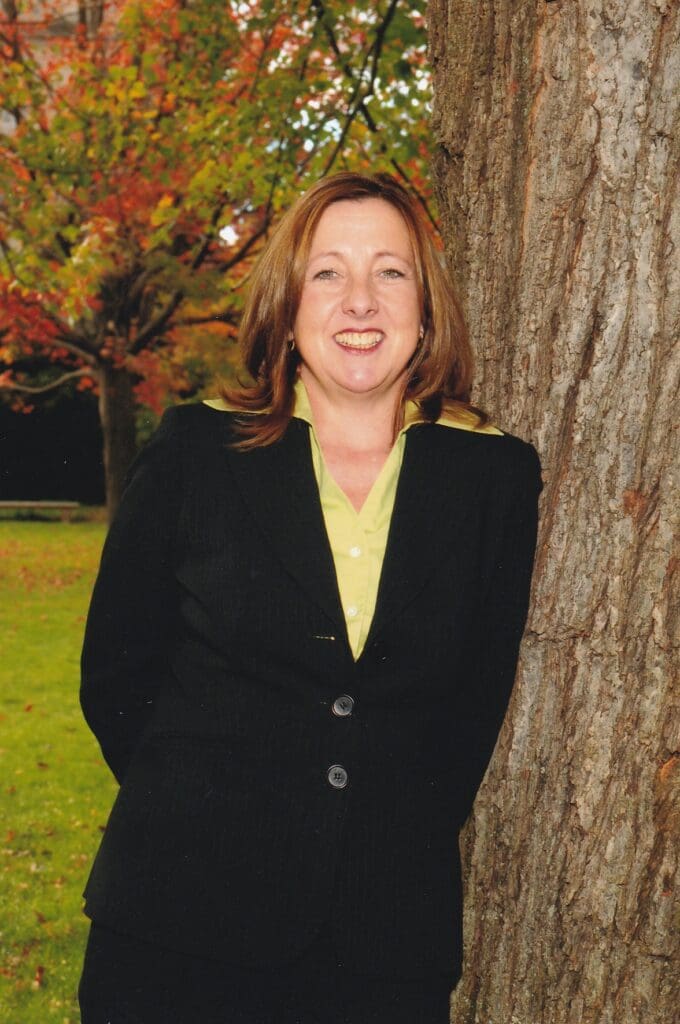
CHERYL EAGAN-DONOVAN (M.F.A.) is an award-winning writer, director, and producer whose documentary Nothing Is Truer than Truth premiered on Hulu in 2019, is currently available on Amazon Prime in the U.S. and Canada, and aired on SkyArts TV in the U.K. last month under the new title Shakespeare: The Man Behind the Name. Her debut documentary All Kindsa Girls screened at film festivals and art house theaters in London, Toronto and throughout the U.S. She is a frequent lecturer at conferences and has taught writing, film, and literature at Lesley University, Northeastern University, Lasell University, and Grub Street Center for Creative Writing. Eagan-Donovan has published articles about screenwriting and film in journals and magazines, has appeared on several podcast series, and serves as a manuscript consultant for screenwriters and producers. She is currently working on a book for screenwriters, Shakespeare Auteur: Creating Authentic Characters for the Screen, and is developing a new documentary project on the birth of Elizabethan theater in London in the late 16th century. In 2019, she received the Oxfordian of the Year Award and in 2021 she received a research grant to study manuscript circulation among Shakespeare’s contemporaries at the British Library, Oxford University’s Bodleian Library, and the Dulwich College Archives.
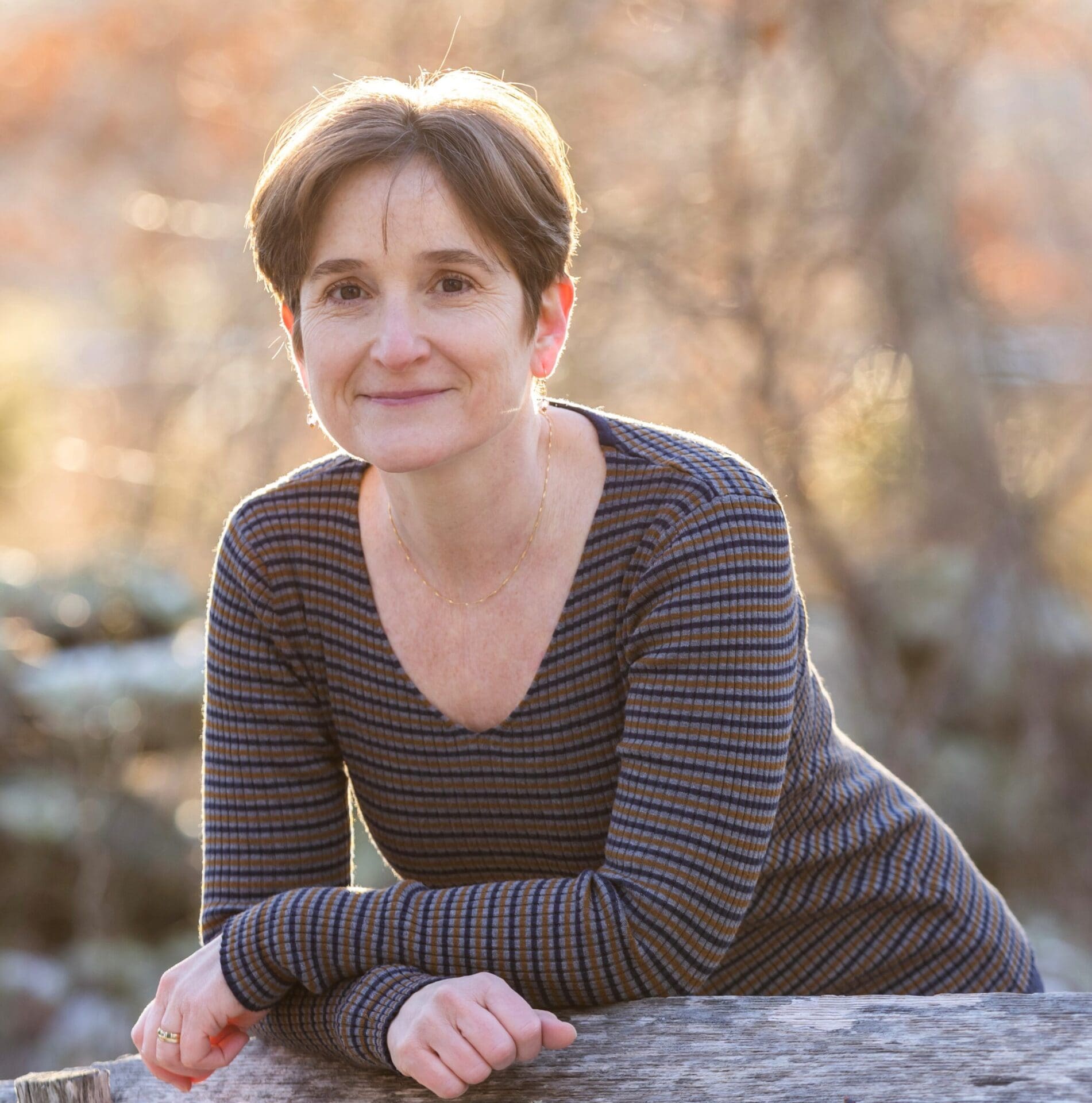
Interview by Liz Shick
Let’s start with your latest film production, Nothing Is Truer than Truth, a fascinating documentary about the true identity of William Shakespeare. For those who have not yet watched it, can you give us a brief synopsis of the film?
Nothing Is Truer than Truth introduces Edward de Vere, seventeenth Earl of Oxford, A-list party boy on the continental circuit, who spent a year and a half in Venice and traveling around Italy, learning about commedia dell’arte and collecting the experiences that would become known as the works of Shakespeare. Filmed in Venice, Verona, Mantua, Padua, and Brenta, the film ventures to actual sites De Vere visited in 1575-76, including the settings for The Merchant of Venice, Othello, Romeo and Juliet, and Two Gentlemen of Verona. The film features renowned Shakespeare scholars, actors, and directors, including Sir Derek Jacobi, Mark Rylance, Tina Packer, and Diane Paulus, and argues that De Vere’s bisexuality is the reason for the pseudonym “Shakespeare.”
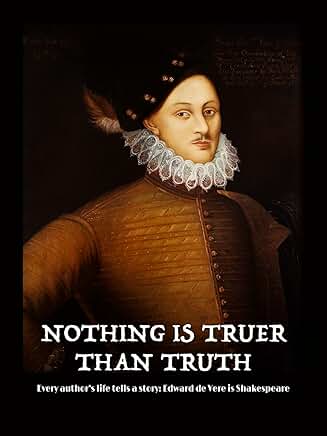
What an interesting premise. Where did your fascination with Shakespeare/De Vere originate?
My parents both wrote. My mother wrote children’s stories, and my dad wrote poetry and loved Shakespeare as well as Greek and Roman literature. My mother also loved film and was an activist in the 1960s, working for civil rights, women’s rights, and LGBTQ+ rights. My father was an entrepreneur—quit his job at IBM to start his own management consulting firm. They were also both educators. I was an honors student in my British Lit class in high school, and wrote poetry and did an independent study on Shakespeare’s theme of androgyny as an undergrad at Goddard College.
I discovered Edward de Vere in a history class at Harvard University in 1997. Professor Don Ostrowski suggested the authorship question as a topic for an essay on primary source material and our understanding of history, and recommended J. Thomas Looney’s book Shakespeare Identified. Enumerating traits the author possessed and looking for candidates with the same attributes, Looney noted Shakespeare’s “conflicted feelings toward women” and the echoes of the great poet in De Vere’s juvenilia. Looney’s deconstruction of the author convinced me that De Vere was the true Shakespeare.
I looked for other books on the topic and found Joseph Sobran’s Alias Shakespeare. Sobran makes a strong case for De Vere’s sexual orientation as the cause for the reinvention of Shakespeare as a commoner. Sobran links the publishing of the 1623 Folio of Shakespeare’s work with the suppression of the Sonnets: “It makes no mention of Southampton, to whom all of Shakespeare’s major nondramatic poetry had been addressed.” He further suggests that “one aim of the Folio… was to portray Shakespeare as a mere untitled common player…thereby implicitly dissociating him from Southampton and the poems written in his honor – thus burying any memory of the homosexual amour between Oxford and Southampton, who was still very much alive and to be reckoned with.” Sobran concludes, “the 1623 Folio deliberately focused entirely on the plays and so reinvented Shakespeare.”
What an elaborate and long-lasting scheme to avoid scandal! How did you go about turning this idea into a film, and what do you hope viewers will take away from it?
As a writer and a filmmaker, I knew that this story had all the elements for a great film: a complex protagonist, cinematic locations, and a true hero’s journey. I did some further research on the then nascent world-wide-web, and discovered that two scholars were working on a book about Edward de Vere. Margo Anderson would go on to complete the definitive biography of the Seventeenth Earl of Oxford, Shake-speare by Another Name. Her early collaborator, Roger Stritmatter, went on to publish the most important research to date on De Vere’s Geneva Bible.
In 2005, my first film, All Kindsa Girls, premiered at the Rhode Island International Film Festival. From there, I went directly to Boston to introduce myself to Margo Anderson and tell her that I wanted to option her book. We met again at the Annual Shakespeare Authorship conference in Ashland, Oregon and made a deal over lunch.
I began interviewing scholars and writers on De Vere, then traveled to Italy to film the locations De Vere had visited in 1575-76. I went to the UK, interviewed Sir Derek Jacobi, and filmed at Burghley House, Castle Hedingham, and Westminster Abbey, documenting the connection between Shakespeare’s work and the author’s life. While making the film, I found that the author’s sexuality remains as controversial as the idea that “Will” was a pseudonym. It is my hope that the presentation of the evidence in Nothing is Truer than Truth will inspire others to discover the charismatic, tempestuous, witty, often misunderstood, but truly brilliant writer also known as Edward De Vere.
Nothing Is Truer than Truth premiered on Hulu in 2019. Can you tell us a little about your journey to distribution?
I began the process of seeking distribution early, talking with several decision makers at ITVS, PBS International, WGBH, Oregon Public Broadcasting, KCTS Seattle, the producer of Downton Abbey, American Public Television, and PBS National in Arlington, Virginia. Each of these opportunities to present my project came through connections I had made with individuals in the industry, many of whom I met when making my first film. I submitted to the PBS series Independent Lens and POV, and met with many programmers at various strands of the public TV organization. Ultimately, the way that I found my current distributor was through a series of networking connections.
A psychoanalyst and Shakespeare scholar who teaches at Georgetown University and appears in my film invited me to screen a rough cut of the film at his home just outside of Washington, D.C., for a small group of friends. This group became key supporters of the film; one writer/producer gave me some feedback and introduced me to another DC-based producer who had worked with Sir Derek Jacobi, who also appears in my film. I went to Silver Springs, Maryland where Discovery and several other TV companies are headquartered, and met with this accomplished writer and producer. I pitched the project and showed him a trailer. This was the beginning of a very important relationship.
He referred me to a colleague of his at Gravitas Ventures, a newcomer to the ever-changing world of distribution, focused on indie films. He liked the film and we began negotiating, but then he left for a job at Fox Feature Films. I ended up working with one of the two founding partners of Gravitas, Brendan Gallagher, an attorney and Boston College grad. As I was a Boston University grad, we immediately hit it off. He was great to work with: smart, fair, and passionate about film. We screened the film at Anthology Film Archives in New York before its initial release in the U.S. and Canada on Amazon and other streamers in February 2019, and in March, I met with Brendan for a beer at SXSW Film Festival in Austin, and he told me about the Hulu deal.
I understand the film was recently released on SkyArts TV in the UK under the new name Shakespeare: The Man Behind the Name. How did you secure this international deal?
The film began earning quarterly royalties immediately, and the timely reporting reflected the integrity of Gravitas. As the company continued to grow, I started looking for an international distributor. Through the same process of referrals and recommendations from colleagues in the industry, I spoke with several international reps, but the first deal came from the same DC producer who connected me with Gravitas. It was a U.K. company, and the acquisitions VP, who was based in L.A., loved the film.
We began negotiating and preparing the deliverables, but in a month, the Acquisitions VP left for Disney. Subsequently, the company was sold to a Nordic distributor, and then to an international TV and film company. This was during COVID, and although we had executed a deal and delivered the materials, the company only made two sales in two years to Russia and the Commonwealth of Independent States, and to SkyTV New Zealand. Finally, we made the decision to take the film back, and they agreed. My next step was to circle back to Gravitas, with whom I had an excellent working relationship. They had since been acquired by Anthem Sports and Entertainment. I reached out to Brendan, and we signed a global distribution deal. In November 2022, the film was released on SkyArts TV throughout the U.K.
Just recently, I reached out to Brendan to say that I would not be at SXSW this year, that I was working on a new project in London, and learned that he had left the firm, and that his brother, Gravitas CEO Nolan Gallagher will leave at the end of this month to focus on a Major League Soccer team. I was very fortunate to connect with Gravitas at a time when they were at the forefront of a rapidly changing industry, and to have worked with a team who were true champions of independent film. I owe all of my good fortune to the DC-based professor, who introduced me to the award-winning author, who introduced me to the writer/producer who has become a very good friend and helped my film find its way to audiences around the world.
So many twists and turns. You talk about good fortune, but what really shines through is hard work, perseverance, and a genuine passion for your subject matter. Can you share any details about this new project you’re working on in London?
I spent a week in London last month, doing research at the British Library and the Bodleian Library at Oxford, and meeting with several colleagues regarding my next film. I will be returning to the U.K. in June to begin filming for a new documentary project that will include the research I’ve been doing on Elizabethan literary manuscripts, the development of early modern theater in late 16th century London, and the role of Shakespeare and his contemporaries in that process. I am not able to share more details at this point because we are still putting together the team and resources, but I’m very excited about the project.
I understand you’re also working on a book for screenwriters called Shakespeare Auteur: Creating Authentic Characters for the Screen. What can you tell us about that?
While teaching Shakespeare, screenwriting, and filmmaking, I discovered that Shakespeare’s characters could be very instructive when crafting scripts. Shakespeare Auteur: Creating Authentic Characters for the Screen is an exploration of the auteur tradition and its creative implications for screenwriters, focusing on Shakespeare (de Vere) as the original auteur—a writer/director who infused his work with his own life experience to create three-dimensional, multi-faceted characters.
The book focuses on the way de Vere’s creative method parallels that of other auteurs, from Godard, Truffaut, Kurosawa, and Fellini, to twenty-first century writers/directors like Christopher Nolan, Wes Anderson, Gus Van Sant, Baz Luhrman, Todd Haynes, Sofia Coppola, Greta Gerwig, and Spike Lee. It looks at how he creates characters who are both universal and unique, and how he compresses source materials, such as the Arthur Brooke’s 1562 version of Romeo & Juliet, using the same strategies screenwriters use to adapt a book for film. The book then offers an in-depth analysis of iconic characters from the plays, and provides strategies and exercises for screenwriters to use in creating their own unique on-screen protagonists.
I hope to have a completed first draft this summer and then will send it to peers for feedback and suggestions for revision.
Sounds like Shakespeare Auteur: Creating Authentic Characters for the Screen will be an invaluable resource for both directors and screenwriters. In closing, what was the most valuable part of your Lesley MFA experience, and what advice do you have for those who have recently graduated and are just starting their writing journey?
The most valuable part of my Lesley MFA experience is the connection with other writers, including students in my cohort, faculty members, and staff. These relationships and being part of the community have sustained me and provided many opportunities post-graduation. The same is true in the film industry: it is really all about the connections you make and the relationships you build with others in the field, including colleagues with whom you collaborate and exchange ideas, and mentors who can guide you to new opportunities. The ability to reciprocate is also key. I try to be very generous in sharing what I have learned with aspiring writers and filmmakers who look to me for advice. I also recommend people I’ve worked with to potential clients, funders, and collaborators.
So, I would suggest making an effort to stay in touch with your classmates and faculty advisors after graduation, and expanding your network by attending conferences and festivals. The idea that the people you meet now who are just starting out in their careers will later become allies who can green-light your projects is not just a cliché. Several film industry professionals I met early in my career have gone on to become leaders in the field. Always treat the people you work with as you would want to be treated: with respect and generosity.
Finally, I would say that, in addition to believing in your own work and never being deterred by rejection, it is important to be open to new projects, new opportunities, and new ideas. I never thought I would have my own film production company but I always wanted to be a writer. I took risks to try new things that led me to where I am today, and I look forward to finding new ways to express my creativity, where I can learn something new and give back to the community that has supported me.
Listen to the trailer for Cheryl’s documentary, Shakespeare: The Man Behind the Name:

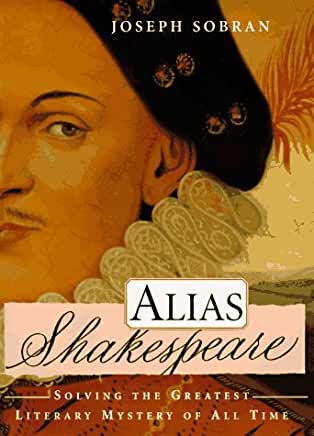
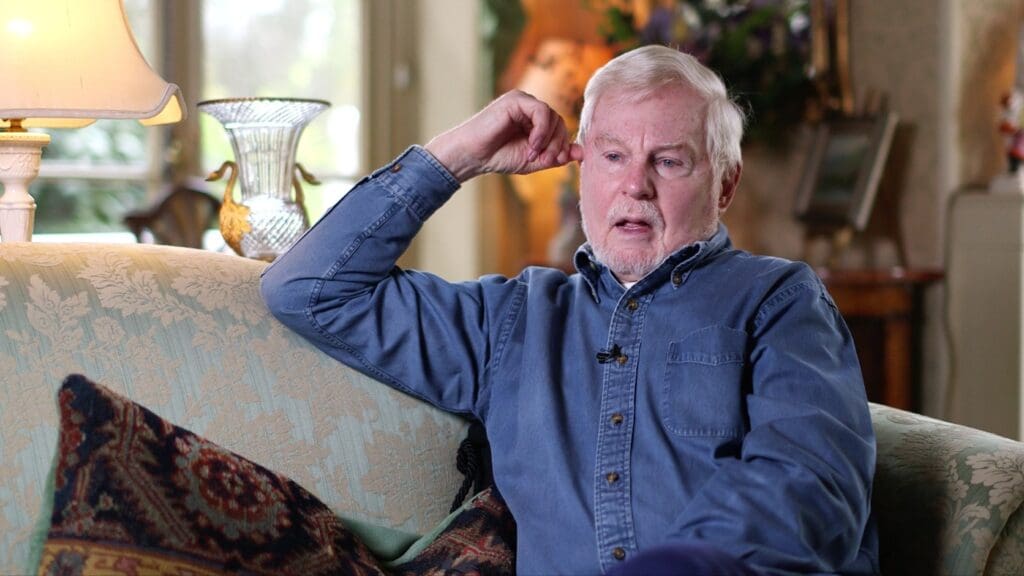
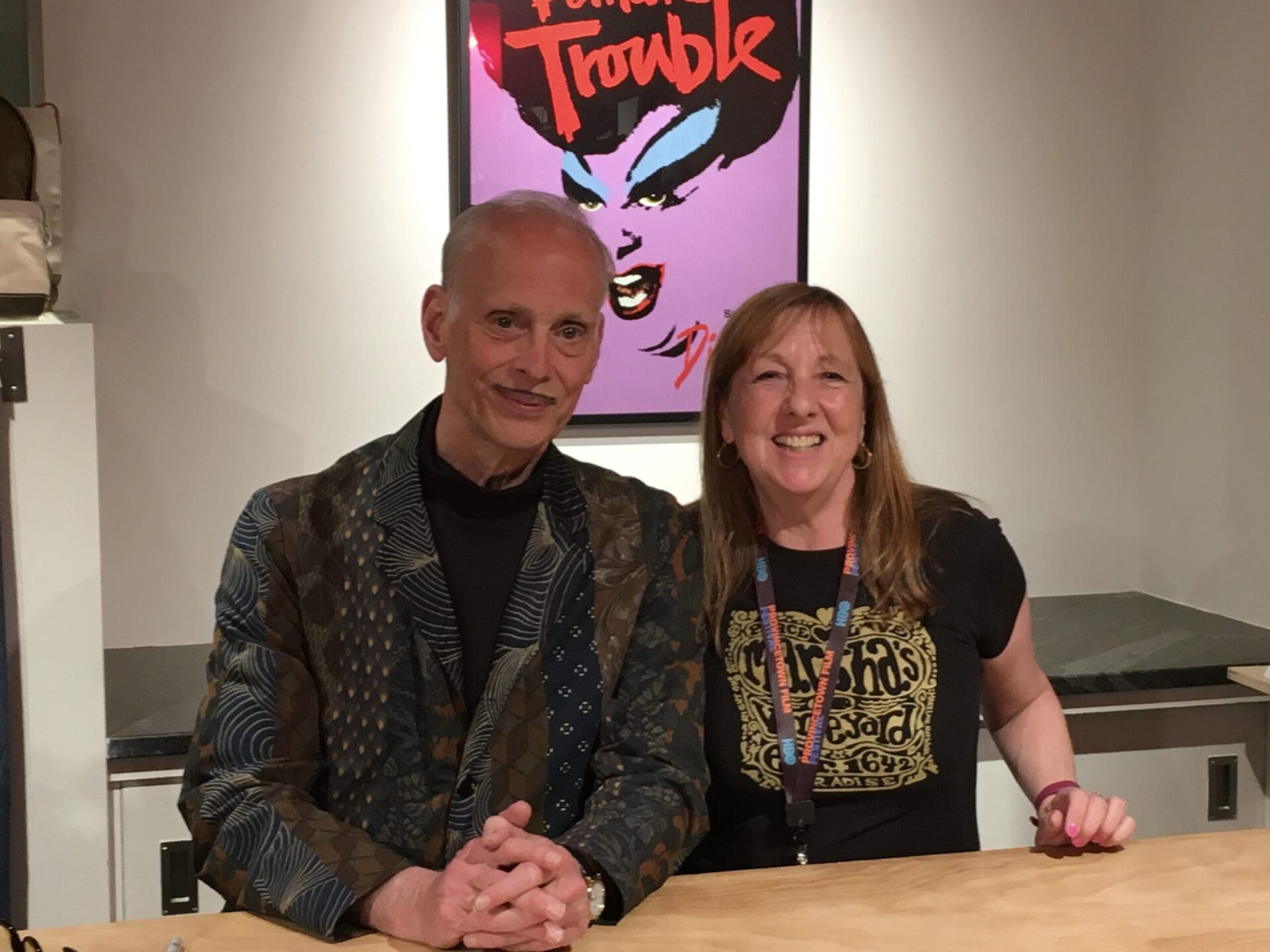
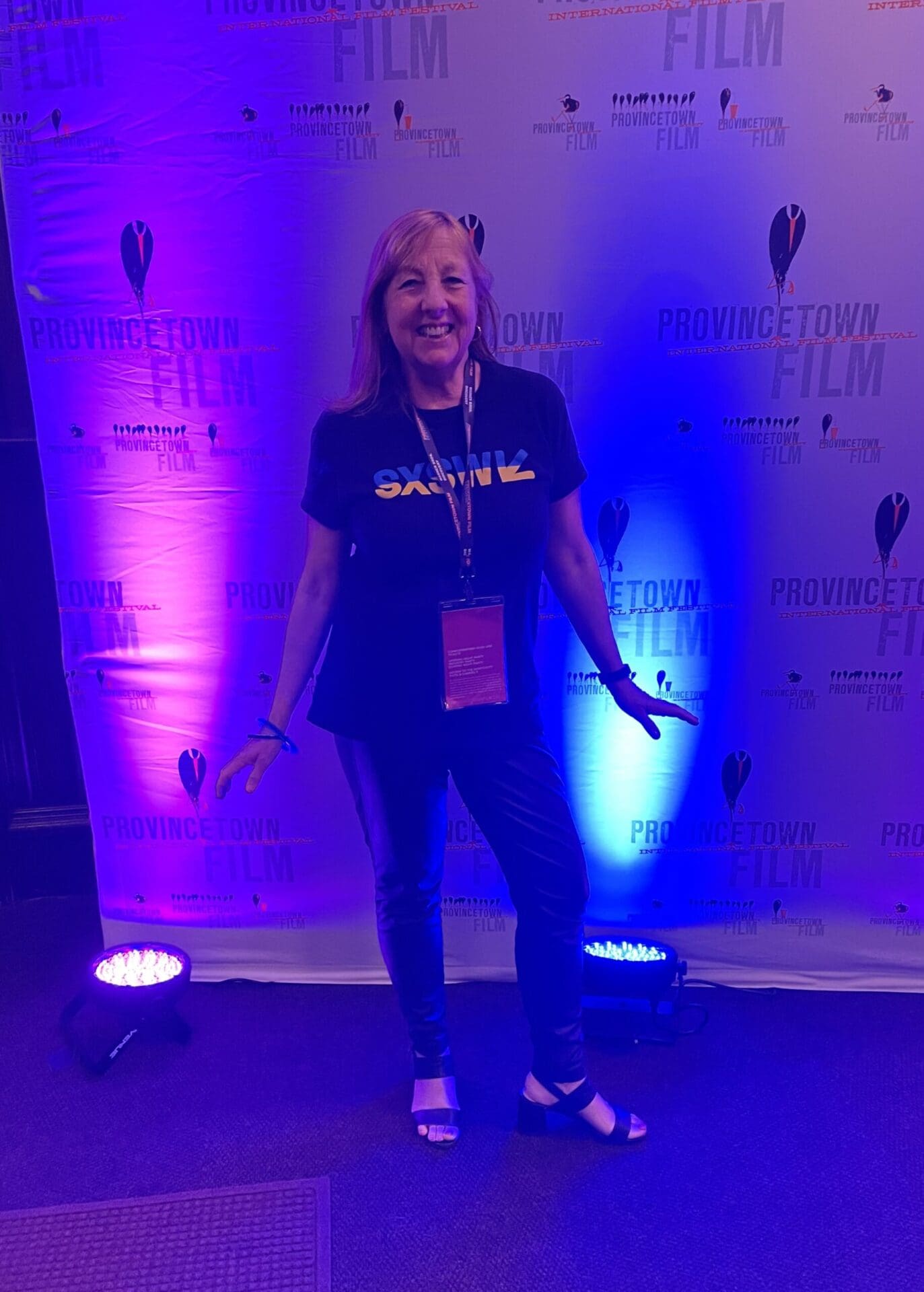
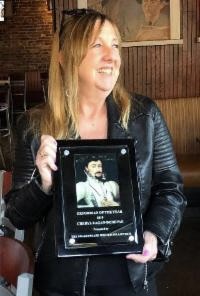
Comments are closed